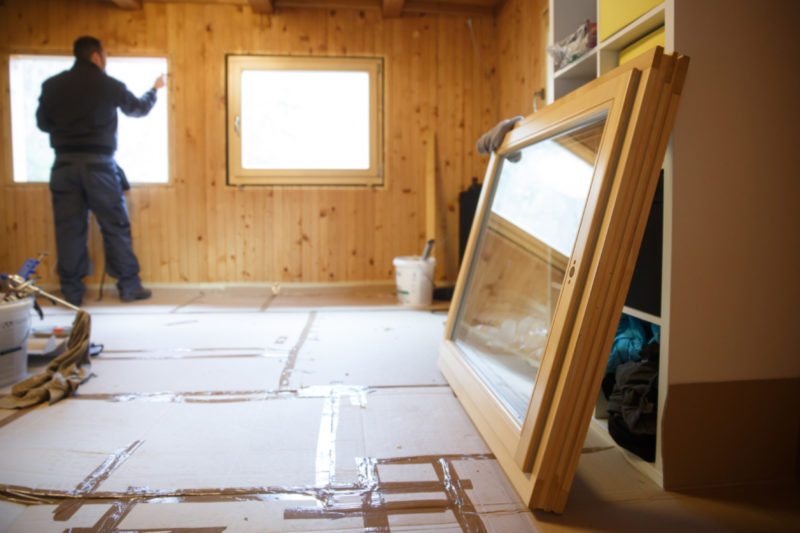
With the high humidity levels and warm temperatures throughout much of the year in St. Petersburg, Florida, many homeowners are looking for ways to trim their energy bills. Running the air conditioner all day and night is an expensive habit, especially if your system isn’t operating at peak efficiency. Check out these helpful tips to save on energy costs in your home.
Change Your Habits
The first step in reducing energy waste is changing your bad habits. Conserving energy can be as simple as unplugging appliances or turning off lights when you’re not using them. Certain appliances also use quite a bit of energy, such as the dryer and dishwasher. Consider washing a few more dishes by hand to reduce how often you’re running a load in the dishwasher. As you’re making these adjustments to your habits, think about how you use your HVAC system.
If you’re constantly making manual adjustments to the thermostat or trying to keep the temperature set at 65 degrees in the summer, these habits are likely wreaking havoc on your bills. Heating and cooling costs account for up to half of your home’s total energy bills, so look for ways to reduce how much you’re using the HVAC system. Program your thermostat to a reasonable temperature each season and allow it to go up or down when you’re away from home or asleep. Using a smart thermostat can also reduce your bills since it tracks usage and makes automatic adjustments for energy savings.
Add Insulation
Insulation also impacts the overall efficiency of your home. Without enough insulation in the walls and between the floors of the home, the air can escape through the gaps and waste a lot of energy. One of the most important places to add extra insulation is in the attic. Heat rises naturally so the attic tends to trap a lot of the hot air in your home. You should also have a professional look into whether you need additional insulation in your walls, crawlspace, or basement.
Replace Windows
Older windows aren’t nearly as efficient as newer options. If your windows aren’t energy efficient, consider replacing them. Adding interior or exterior storm windows in areas with more frequent storms can also reduce energy waste. Keep your windows covered during the day to prevent the sun’s rays from seeping in and warming up the air in your home.
Swap Out the Light Bulbs
If your home is still using incandescent light bulbs in the light fixtures, take a few hours to replace them all. Compact fluorescent bulbs use less energy than incandescent bulbs, but LED bulbs are even more efficient and can last for many years without needing to be changed. Switching your bulbs could reduce the energy used by incandescent bulbs by as much as 25 percent. This is partly due to the additional energy it takes for this type of bulb to produce light, but also because of the amount of heat produced by the bulb, which can cause the indoor temperature to go up. If you’re running your air conditioner, it will have to cool the air heated by these bulbs.
Upgrade Your Appliances
Outdated appliances also waste a lot of energy. If you have some extra money in your household budget, consider replacing some or all of these appliances with new ones that bear the Energy Star certification. In order to become Energy Star certified, an appliance must meet certain efficiency criteria.
Although the units cost a bit more upfront, the operating costs are up to 25 percent lower than non-certified appliances. For example, a washing machine that is Energy Star certified will use 25 percent less energy and 33 percent less water than a traditional unit. Energy Star certified refrigerators operate 9 percent more efficiently. These energy savings can really add up when you’re factoring your monthly bills.
If you’re still struggling with efficiency and high bills, our team at Pinellas Comfort Systems can take a closer look at your HVAC system to see what might be causing the problem, so give us a call at (727) 315-0791.
Image provided by Shutterstock

